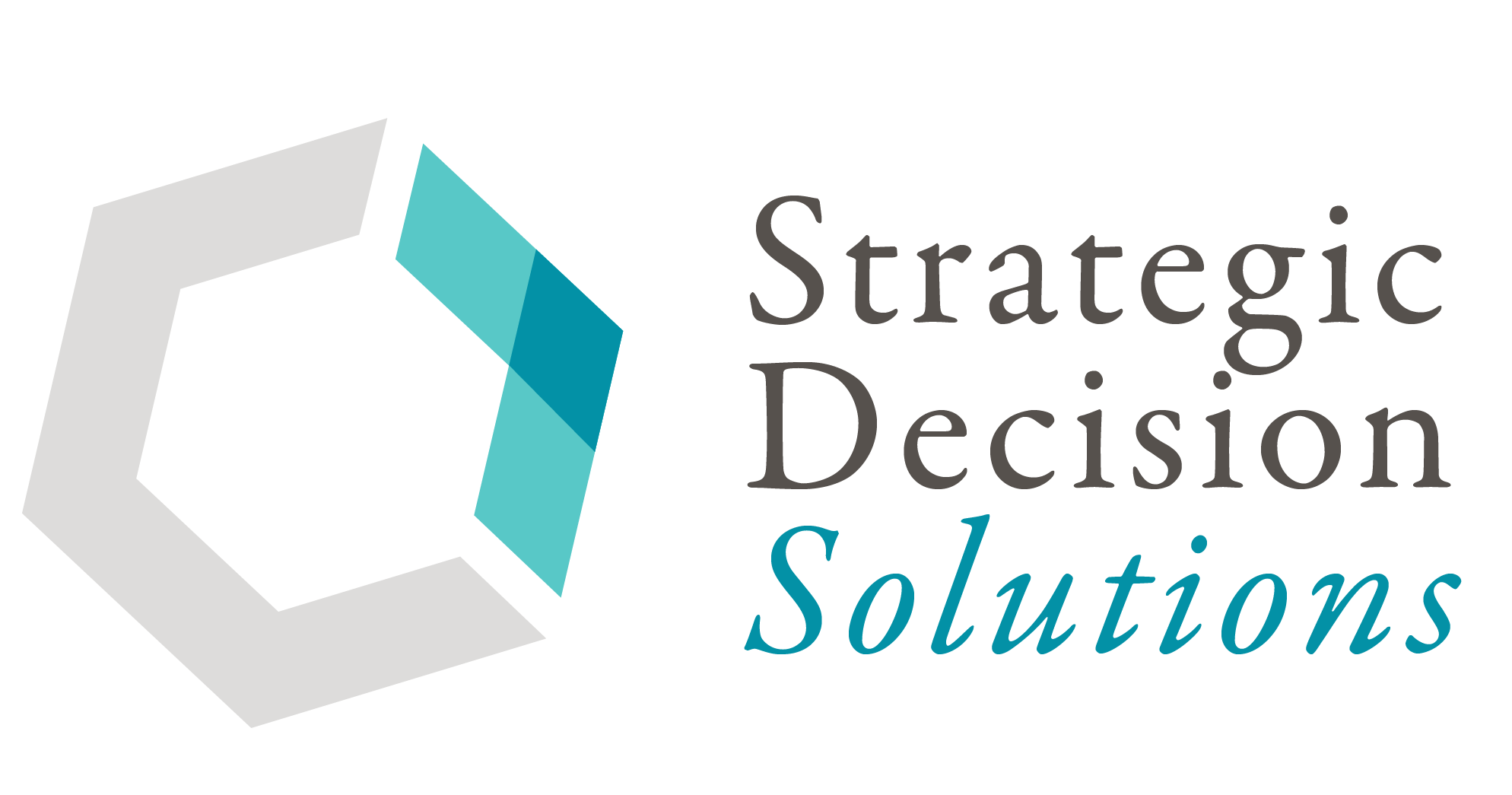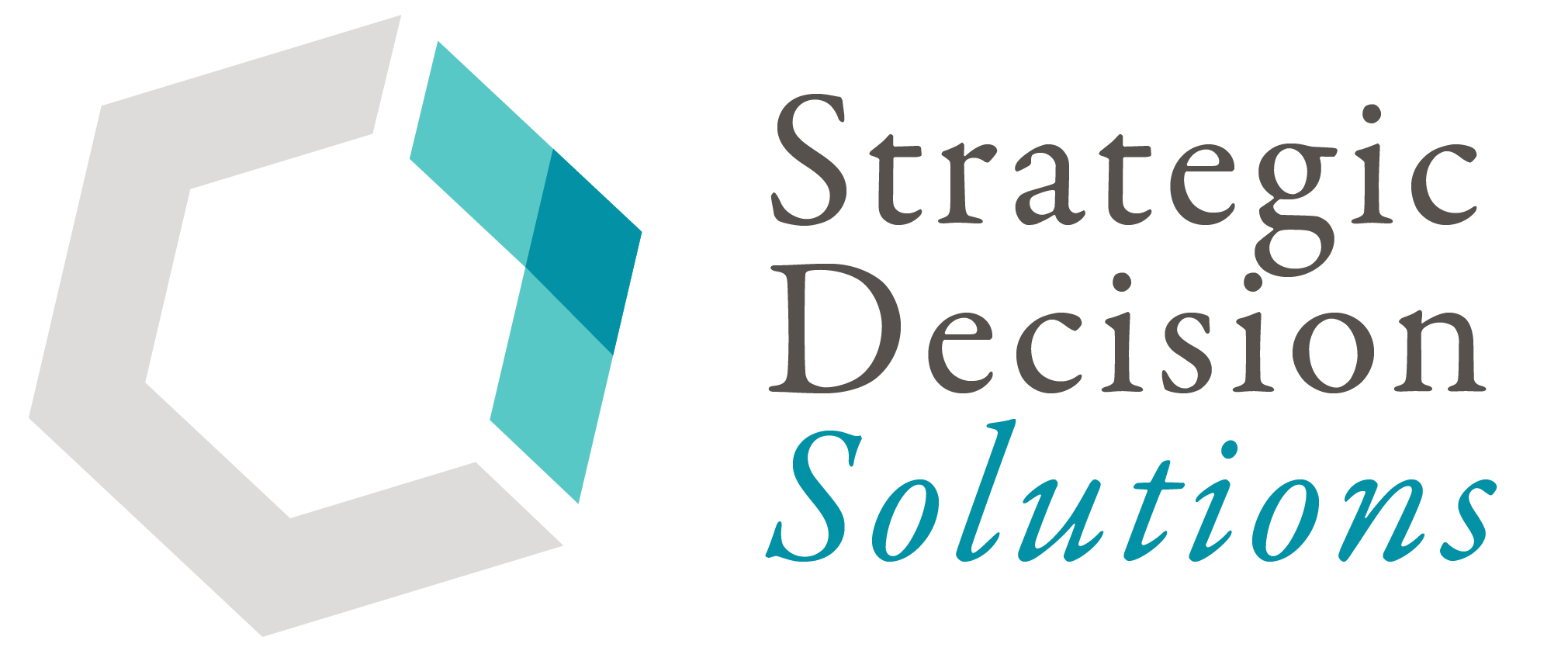Do you ever feel like you’re not appreciated?
Whether at home or work, not being appreciated for your contribution can leave you feeling paralyzed.
This is (unfortunately) an all-too-common feeling for ERM professionals across a variety of industries and one I experienced firsthand early in my risk management career.
One of the motivations for companies to put ERM in place is to fulfill regulatory requirements, whether for the SEC, ORSA, or because the Board demanded it. What commonly happens in this situation is management tends to see ERM as a cost-center rather than a partner that enables the company to create value and reach its goals.
More specifically, when ERM’s focus is on satisfying regulators, it will tend to be more of a documentation exercise with little to no practical value to decision-makers since they already know what’s going into the report(s).
Norman Marks confirms this in his book World Class Risk Management where he states:
…when risk management is implemented in response to regulation, it becomes a cost of doing business instead of a way to do business more effectively.
Improving the perception of ERM from a “check-the-box” activity to an enabler of better decision-making certainly isn’t a new topic here on the blog…
The results of NC State’s annual State of Risk Oversight Survey provide one indicator of how ERM is perceived in a not-so-positive light by most. As our reviews of reports from previous years have explained (see here, here, and here), only a small sliver of organizations realize any strategic value from their risk management activities.
A few previous articles on the subject of improving ERM’s reputation that you should go back and reference include:
- Rescue Your ERM Program’s Reputation with Branding
- From Debbie Downer to Team Player: 4 Ways to Change your Organization’s Perception of ERM
- Expanding your Abilities with the Growth Mindset
- How Regulators Perpetuate Enterprise “List” Management
And while these articles are still relevant, there is a huge piece of the puzzle that’s missing – the importance of networking.
Hopefully you are already well aware of the importance of networking when it comes to professional growth. To get a decent job, you frequently need to “network” with companies and thought leaders in the industry where you’re trying to break into.
Therefore, it should stand to reason that networking plays an important role in helping executives and managers see ERM in a better light.
As you begin networking, your goal should be to help improve ERM’s reputation, which in turn will support the idea that ERM can (and should!) play a more active role in the company’s strategic planning and general decision-making.
Networking Reason #1: Improve Understanding of the Business
It’s easy to get caught up in the world that we live in – risk process steps, framework, reporting. But when we do that, we often lose sight of the ideal role for ERM. If we don’t understand the different, often moving, parts of the business and how they work together, then our reputation as nothing more than a bureaucratic exercise will only get worse.
When you don’t understand the business, you:
- can’t ask good, probing, intelligent questions
- can’t provide valuable insights
- can’t translate risk terminology into relevant business language
- can’t be an enabler for good decision-making
(I don’t know about you…but I want to be able to ask intelligent questions, provide valuable insights, talk business lingo, and enable good decisions!)
As an example, let’s take product development.
If you and your team have minimal knowledge about the company’s main drivers of value, you can’t provide a risk perspective to strategic or even operational decisions. A solid understanding of the company’s drivers of value and the long-term vision of how products could change or develop over time will help improve ERM’s perception or reputation.
Or how about Marketing…
It’s not necessary to know every nuance of how the company markets its products and services. However, having some knowledge of the ways marketers find prospects and nurture them through to a final sale will put ERM in a position to better serve that department.
In addition to learning what each department does, networking helps you understand the terminology they use. One of the common reasons ERM struggles is that many professionals cling to formal risk standards and risk terminology that no one understands. Networking helps you pick up the language the business is using, which in turn enables you to integrate it into how you speak or otherwise communicate. When others in the company see and hear this, they will have a better impression of what ERM can do and will be more open to working with you.
Networking Reason #2: Build Your Internal and External Contact List
In addition to networking to better understand the business, it’s also important for just getting to know people.
This is by no means limited to inside your organization or even ERM. One of the things I find fascinating about ERM is in order for it to be valuable to the organization, it has to focus on big picture issues and not just processes.
Many risk professionals tend to only speak with people at their level or within the risk world. After all, that is our comfort zone.
However, it’s okay, even advisable, to build relationships both up and down the ladder within your organization. Going farther down in the business can help you obtain lots of first-hand information that you may not otherwise get. Going higher up to include VPs and executives can help you better understand the overarching vision of the company, challenges that executives are focused on, and higher-level timing of decisions, among other insights.
Networking outside your organization can provide even more benefit to your organization’s ERM…
Developing relationships with your peers in other companies can be very helpful in learning and improving your own methods and techniques. If you’re struggling to find an assessment approach that works smoothly, you may be able to find inspiration from a colleague. Even better, you may be that inspiration to someone else based on your lessons learned.
But you shouldn’t limit the networking to just risk professionals…
Networking with other professionals in general can produce all sorts of unexpected benefits. One example: one day during a conversation with a VP of a business area, they describe a challenge and say it would be great to talk with someone who might have a solution. You may be able to offer an introduction if you have an extensive enough network. The VP will now have an improved perception of you and the value you bring to him and the company. Win-win-win.
Actions like this will boost the perception that ERM is about more than creating a list of risks everyone already knows or something that’s solely focused on the downside.
While processes will be a part of any risk effort, they are by no means the only. Soft skills like networking and the importance of relationships often get overlooked, but as I’ve learned over the years, this is equally or more valuable to building a successful ERM program.
Does your company perceive ERM as a cost center or check-the-box activity? What things have you tried to improve this reputation?
Please comment below to share your perspective or join the conversation on LinkedIn so others can also learn and benefit from your experiences.
If you’re struggling to demonstrate the value of ERM and risk-informed decision-making to your company and would like some help in getting unstuck, contact me to begin discussing your challenge(s).
Featured image courtesy of Christina Morillo via Pexels.com








